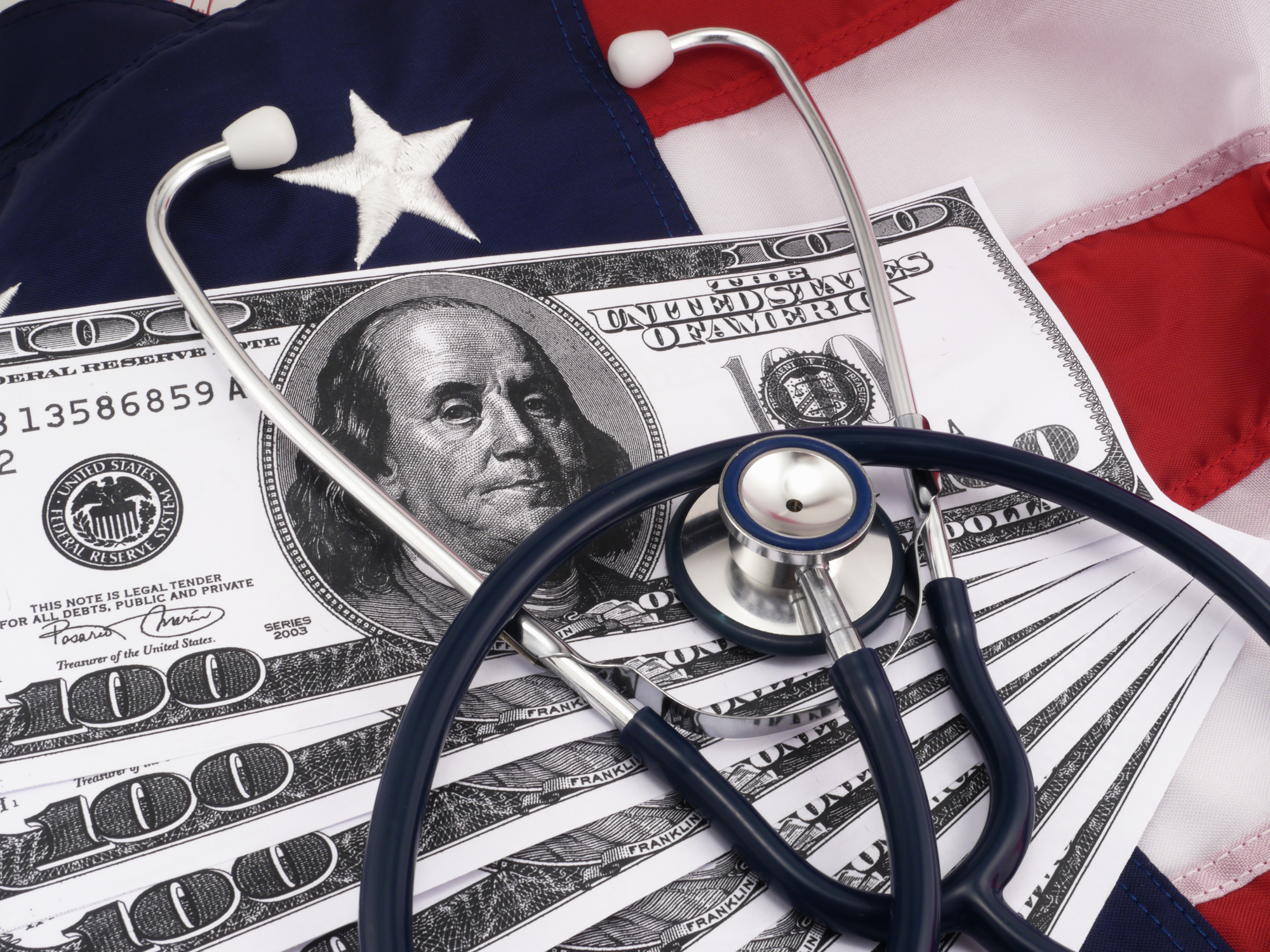Medical Debt in America: The True Cost of Getting Sick
A growing number of Americans—more than 100 million nationwide—are struggling with medical debt as rising healthcare costs, high deductibles, and limited coverage drive a worsening national financial crisis. Here are some tips for dealing with the crisis.

Medical debt in America and the financial strain facing millions
iStock
In the United States, illness often comes with a steep financial price tag. For millions of unsuspecting, even insured Americans, rising health care costs, high deductibles, and unexpected uncovered expenses are more than they can comfortably afford. The result is a growing crisis of medical debt in America, one that spans most income levels and ages.
According to a 2022 joint investigation by Kaiser Family Foundation (KFF) and NPR, more than 100 million Americans carry the burden of unpaid medical bills.
How much medical debt exists in America?
One of the most pervasive financial burdens in America is medical debt. According to the U.S. Census Bureau, roughly 19% of households carried medical debt in 2021. This results in billions of unpaid medical debts nationwide, and millions struggling to cover the costs.
What to Know About Medical Debt
Medical debt can be challenging to navigate, especially for those facing the hefty bills for the very first time. Let’s take a look at some of the most commonly asked questions concerning medical debt.
1. Am I responsible for my spouse’s medical debt?
Whether or not you are responsible for paying off your spouse’s medical debt depends heavily on where you live. Some states, including Arizona, Texas, California, and Nevada, are considered ‘community property’ states. If you reside in one of these states, you are personally responsible for all debts incurred during the marriage. This includes medical bills.
If you reside in a non-community property state, you may or may not be personally responsible for the debt of your spouse. This will depend heavily on who signed the financial responsibility forms and additional state laws.
For guidance on your responsibility, look to the CFPB’s educational resources.
2. Does medical debt die with you?
In most cases, medical debt does not ‘die’ with you. Or, more clearly, the debt is not forgiven at the time of death. Instead, the deceased’s estate becomes responsible for the debt. If the deceased held assets, some may be assigned to eliminate medical debt.
If there are no financial resources within the estate, family members are typically not responsible for paying the deceased’s medical debt.
If creditors are attempting to collect a debt incurred by a person who has died, follow the Federal Trade Commission’s (FTC) guidance to avoid scams or illegal collection attempts.
Why 1 in 5 Retirees Still Carry Medical Debt Even With Medicare
Many assume that Medicare enrollment eliminates high costs associated with healthcare, but this isn’t always the case. A report by Kaiser Family Foundation found that 22% of U.S. adults ages 65 and older had some form of debt from medical or dental bills in 2022, while another commentary from the Center for Retirement Research (CRR) at Boston College states: “Despite Medicare, 1 in 5 retirees have medical debt.”
To blame are:
- High prices & deductibles
- Limited dental, vision, and hearing coverage
- Rising prescription drug costs
- Long-term care expenses
- Out-of-pocket charges for specialists and hospitalizations
Sadly, for most, Social Security and retirement income aren’t sufficient to meet monthly living expenses and pay for medical care. This leaves many seniors dealing with a persistent burden of unexpected medical debt.
Beware: Medical Debt Scams: How to Avoid Getting Duped
The rise in medical debt in America has opened doors for scammers to prey on vulnerable individuals facing financial hardship. The CFPB warns consumers to watch for these common scams:
1. Fake Medical Debt Collectors
In an effort to scam unsuspecting consumers out of their money, scammers will impersonate collection agencies or the health system and demand payment for bills that do not exist or are not owed to them specifically. They often do this through phone calls, texts, or emails. Protect yourself by requesting written validation from the collection agency and calling the provider directly to confirm the need for payment.
2. Debt Program Companies Charging Upfront Fees
While legitimate debt program companies can be a helpful resource when dealing with debt, the FTC prohibits them from charging upfront fees. If a debt program company demands upfront fees, decline to pay and select another resource to assist with your debt.
3. Phishing Calls Claiming to be from Medicare
Sadly, scammers often target consumers over age 65 by posing as Medicare representatives. These scammers demand payment for benefits or request financial information, such as bank account numbers, routing numbers, or credit card numbers.
Medicare never calls recipients to request payment or payment information. Hang up immediately if you receive this type of call.
How to Eliminate Your Medical Debt
While many in the past have tried to ignore their medical debt, recent changes to Consumer Financial Protection Bureau rules now allow unpaid health debt to appear on credit reports. Unfortunately, this means your debt may affect your creditworthiness.
Fortunately, if you’ve spoken with the health system billing department directly but are still struggling to pay down your medical debt, you do have options.
- Apply for financial assistance through the health system or local & state programs. Many of these are available even to individuals with higher incomes.
- Consider using a reputable debt consolidation or personal loan provider.
- If possible, use zero- or low-interest credit cards to help you eliminate your debt. Before you attempt this route, read our guide to Using Credit Cards or Personal Loans to Pay Off Medical Debt.
If you’re struggling with medical debt, you’re not alone. While the numbers are overwhelming, you can eliminate the debt by avoiding scams and taking these steps.
Related Article: New US Senior Driving License Rules: Myth Vs. Fact



